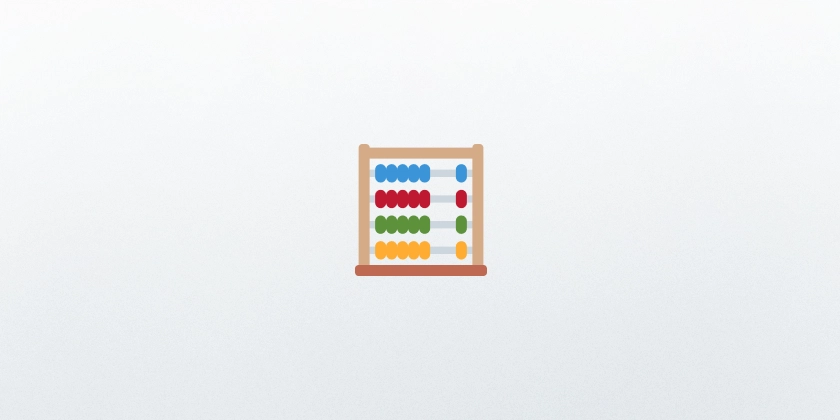From Bootcamp to Senior Engineer: Growing, Learning, and Feeling Green
Have you ever felt like an imposter, even when you’ve “made it”? That’s been my journey as a software engineer from a non-traditional background. I’m Justin, a software engineer who transitioned into tech through a bootcamp in 2020. After just over three years, I’ve earned a senior title, but I still feel like I’m figuring things out every day. And you know what? That’s okay. I started my coding journey fresh out of a bootcamp in 2020. By 2021, I landed my first engineering role. Fast-forward to today, I’ve worked on major UI redesigns, built reusable components for a monorepo, improved table search speeds, and mentored junior developers. But honestly? I still ask ChatGPT questions I feel like I should know. (ChatGPT, by the way, is both my greatest ally and my biggest “what-if.”) Coming from a non-traditional background, I sometimes compare myself to developers with a decade of experience. I’ll admit, I was fortunate in my early job search—I didn’t have to go through a live coding interview to get my first role. It was a take-home assessment, which felt more aligned with how I actually work. Now that I’m looking to jump back into the job market, I know I need to brush up on algorithms. Not using them in my day-to-day work and not learning concepts like Big-O in bootcamp has been a challenge. Thankfully, I’ve found a great resource that’s been incredibly helpful: structy.net, created by Alvin Zablan. It’s beginner-friendly and covers everything from foundational data structures to algorithmic techniques. Highly recommend it if you’re in a similar spot! Through it all, I’ve learned something important: it’s easy to forget that everyone’s learning curve is different. Feeling “green” isn’t a flaw—it’s a sign that you care about growing and improving. Seniority isn’t about knowing everything; it’s about how you approach problems, contribute to the team, and help others grow. It’s about focusing on what you’ve achieved while keeping your eyes on what’s ahead. Earning a title doesn’t mean the learning stops. In fact, it’s quite the opposite—it opens you up to deeper challenges and bigger opportunities to grow. If you’re like me, you probably want to learn and try too many things at once (hello, future-proofing my skills). I’ve always considered myself a jack of all trades, master of none. But hey, maybe that’s just the Libra in me. Being a remote developer has given me so much—flexibility, focus, and time with my family. But I’ve realized that one of the hardest parts of working remotely is missing the sense of community. Those spontaneous hallway chats, collaborative whiteboard sessions, or even a quick coffee break with a coworker—it’s something you can’t fully replicate on Slack or Zoom. That’s why I’ve been exploring ways to reconnect with the developer community. Whether it’s through meetups, online groups, or sharing experiences like this, I’m starting to see how important it is to stay connected with others in this field. Community doesn’t just help us grow—it reminds us we’re not alone in our journeys. So, what’s your story? Whether you’re just starting out or years into your journey, I’d love to hear how you’re navigating your path.

Have you ever felt like an imposter, even when you’ve “made it”? That’s been my journey as a software engineer from a non-traditional background. I’m Justin, a software engineer who transitioned into tech through a bootcamp in 2020. After just over three years, I’ve earned a senior title, but I still feel like I’m figuring things out every day. And you know what? That’s okay.
I started my coding journey fresh out of a bootcamp in 2020. By 2021, I landed my first engineering role. Fast-forward to today, I’ve worked on major UI redesigns, built reusable components for a monorepo, improved table search speeds, and mentored junior developers. But honestly? I still ask ChatGPT questions I feel like I should know. (ChatGPT, by the way, is both my greatest ally and my biggest “what-if.”)
Coming from a non-traditional background, I sometimes compare myself to developers with a decade of experience. I’ll admit, I was fortunate in my early job search—I didn’t have to go through a live coding interview to get my first role. It was a take-home assessment, which felt more aligned with how I actually work.
Now that I’m looking to jump back into the job market, I know I need to brush up on algorithms. Not using them in my day-to-day work and not learning concepts like Big-O in bootcamp has been a challenge. Thankfully, I’ve found a great resource that’s been incredibly helpful: structy.net, created by Alvin Zablan. It’s beginner-friendly and covers everything from foundational data structures to algorithmic techniques. Highly recommend it if you’re in a similar spot!
Through it all, I’ve learned something important: it’s easy to forget that everyone’s learning curve is different. Feeling “green” isn’t a flaw—it’s a sign that you care about growing and improving. Seniority isn’t about knowing everything; it’s about how you approach problems, contribute to the team, and help others grow. It’s about focusing on what you’ve achieved while keeping your eyes on what’s ahead.
Earning a title doesn’t mean the learning stops. In fact, it’s quite the opposite—it opens you up to deeper challenges and bigger opportunities to grow. If you’re like me, you probably want to learn and try too many things at once (hello, future-proofing my skills). I’ve always considered myself a jack of all trades, master of none. But hey, maybe that’s just the Libra in me.
Being a remote developer has given me so much—flexibility, focus, and time with my family. But I’ve realized that one of the hardest parts of working remotely is missing the sense of community. Those spontaneous hallway chats, collaborative whiteboard sessions, or even a quick coffee break with a coworker—it’s something you can’t fully replicate on Slack or Zoom.
That’s why I’ve been exploring ways to reconnect with the developer community. Whether it’s through meetups, online groups, or sharing experiences like this, I’m starting to see how important it is to stay connected with others in this field. Community doesn’t just help us grow—it reminds us we’re not alone in our journeys.
So, what’s your story? Whether you’re just starting out or years into your journey, I’d love to hear how you’re navigating your path.




















